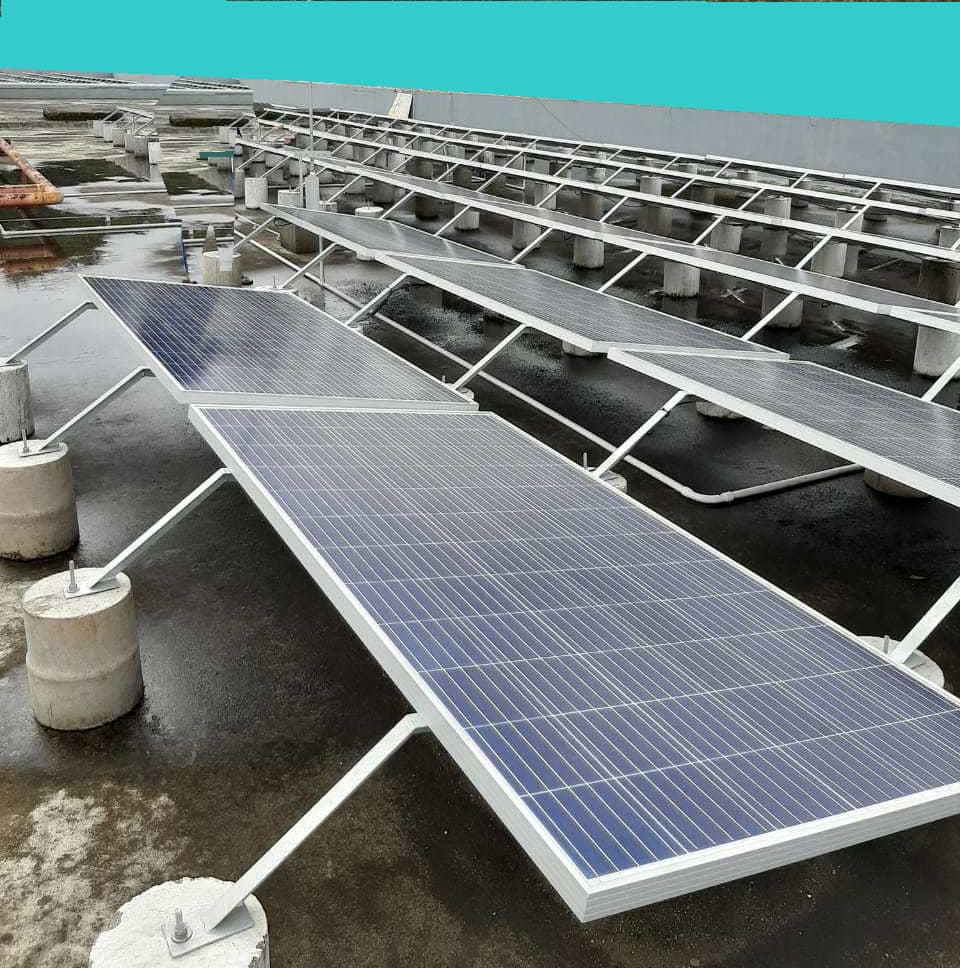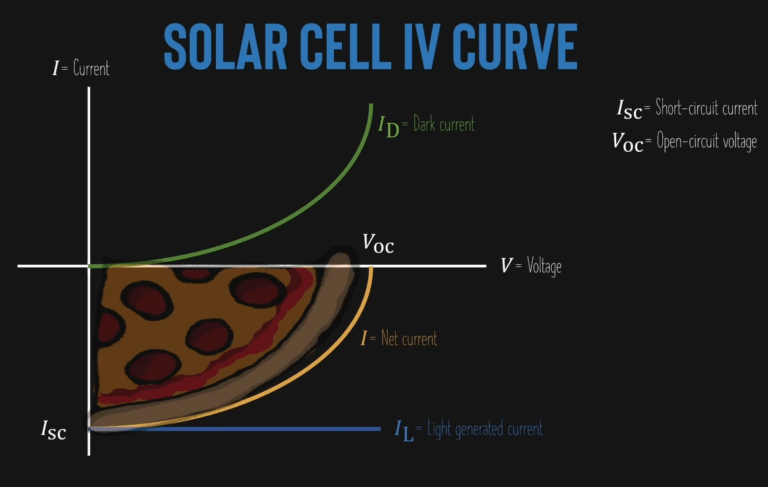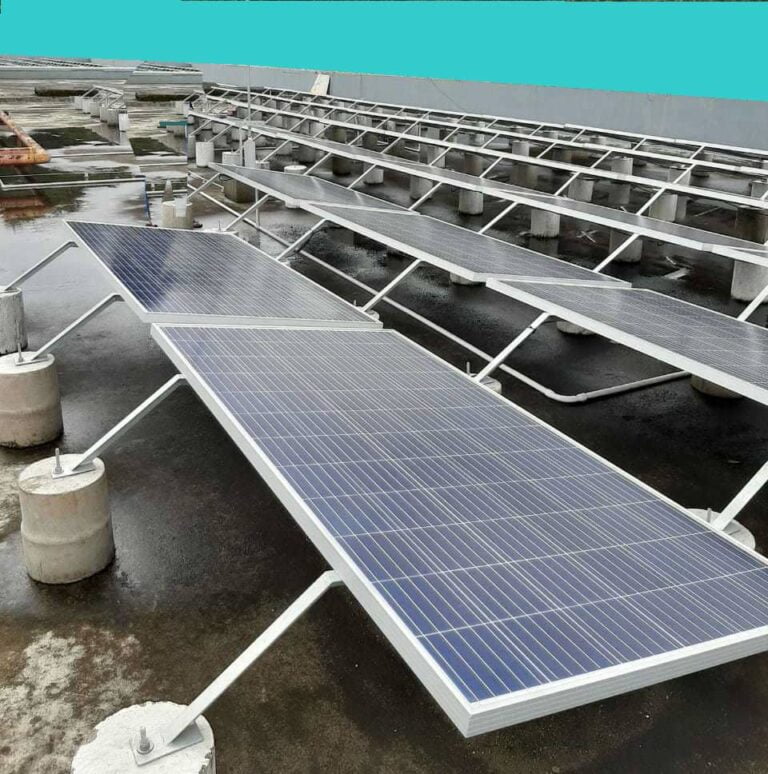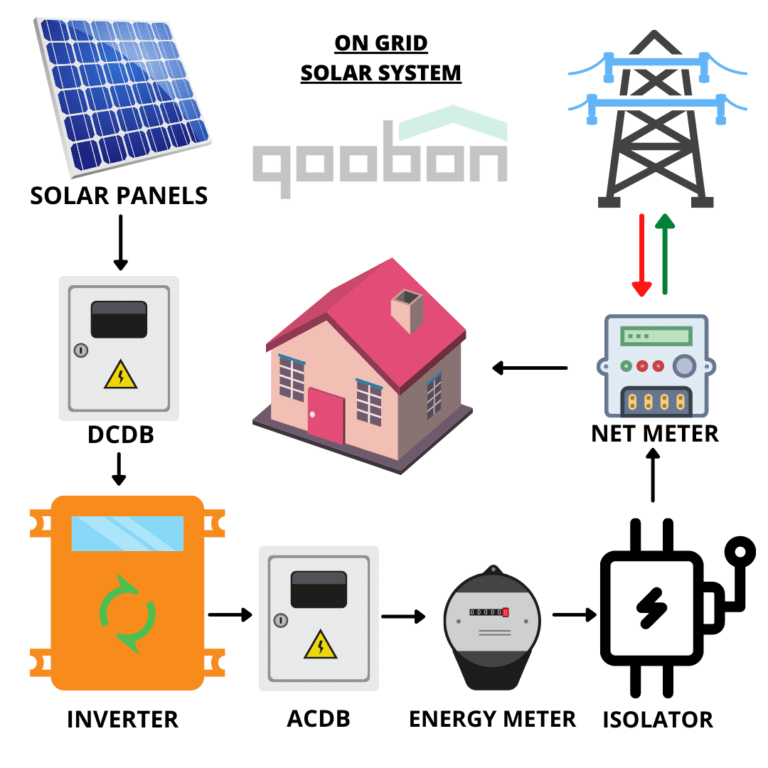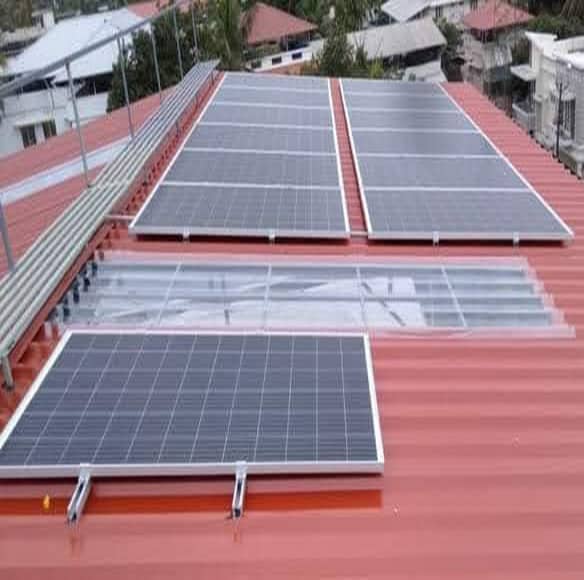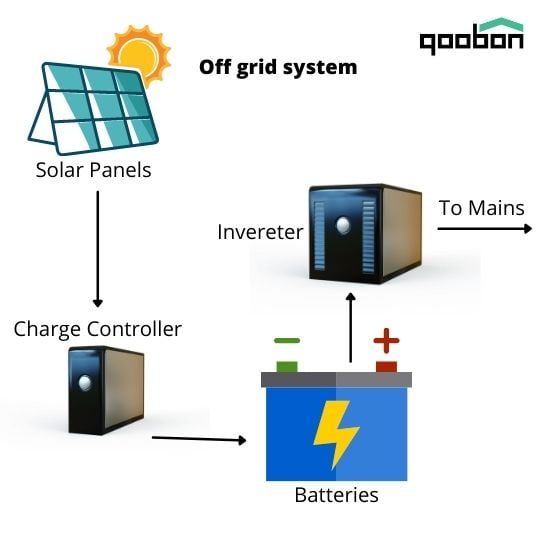Pros & Cons of Solar Panels
Solar panels are a great green solution for your home improvement, however, where there are advantages there are also disadvantages, we will unfold both sides of the coin.
Taking into consideration a 3kW system, which is the standard size for the average Kerala home, we’ll break down aspects such as the costs, savings and so much more! Solar panels have become increasingly popular in the domestic market, and with good reason! Let’s dive into the advantages first!
1. They’re a low-carbon energy source. The way a solar PV system works is by converting sunlight into electricity. Because the sun is one of nature’s most abundant and free resources, switching to solar panels will not only make you more energy-efficient but it is undoubtedly a positive step towards a greener world. For a typical household, solar panels could save around one tonne of carbon dioxide per year, which means just one installation can offset approximately 25 tonnes of CO2 over its lifetime.
2. You can reduce your utility bill. The average Kerala home has an annual energy consumption of about 3,200 – 4,100 kilowatt-hours, and a 3kW system has an output of 4000-kilowatt hours, meaning that – in perfect conditions – your panels could produce 83-106% of your energy needs. Moneywise, this is a potential saving of up to Rs. 25000 on your bills, annually. Although, the actual amount you will save would depend on several factors, such as your power consumption, the price you pay for electricity, and the number of sunshine hours your house gets.
3. Solar panels have a long product lifespan. You can expect your solar panels to have a lifespan of 25-30 years, and most reputable manufacturers offer product warranties of 10-25 years. Given the previous example, this means that over the lifespan of your solar panel you could potentially save a minimum amount of Rs.7,50,000. This is not at all a bad outcome, considering it’s without using any additional solar panel funding options
4. Little maintenance is required. Another great thing about solar panels is that they barely require any maintenance once they’ve been installed. The main thing you need to do is ensure nothing is blocking your panels from getting sunlight – whether that’s fallen leaves or shadows being cast by nearby trees. And when it comes to keeping them clean, rainwater is usually enough to get rid of dust or grime, which could otherwise hamper their production ability.
5. Solar panels are silent. Solar panels don’t have any moving components, which means they’re silent, making them perfect for residential areas. Once you’ve installed them on your roof you won’t even notice they are there.
6. Solar panels can increase your property value. Solar panels can potentially increase the value of your property because of all the benefits that come with them. Naturally, the size of the system will affect just how much the value will increase. When it comes to the transfer of ownership, bear in mind that different families have different energy expenditure habits. So, one system may be adequate for some families and inadequate for others.
7. You can easily scale up your system size. If you’ve installed a system and find yourself wanting a larger one, you can easily add more panels onto your roof – if you have the roof space for it, of course. The size of your system will depend on your energy needs and goal. Some people want their panels to cover most of their consumption, while others want to cover just parts of it. So, if you started conservatively, but later on want to have a larger system, you can quite easily install more, after obtaining approval from the authority
8. With a storage solution, they provide more energy independence. If you’re not home during the daytime, when your solar panels generate the most electricity, having a solar battery can be a beneficial add-on. This gives the flexibility of storing the energy and then using it when you need it.
9. Solar panel subsidies and funding options. Finally, one of the benefits of solar panels is that up to 40% subsidy is available for on-grid solar systems in Kerala, you have several financing options too. What’s available to you depends on where you live.
In Kerala, ANERT is providing solar loans, in association with reputed banks.
Although solar panels can offer some great benefits, there are key drawbacks to be aware of, too.
1. High upfront costs. To begin with, the upfront costs for installing solar panels are quite high. You can expect on average to pay between Rs. 1,90,000 to 2,25,000 for a 3kw system. Taking the annual savings on your bills into account, the payback time can be 6-10 years. Using electric vehicles and induction cooking systems can make your ROI period much earlier than this.
For some, this can be too long of a wait and therefore not financially feasible. However, if you are after a green solution with long-term benefits, there will almost always be high setup costs. So bear in mind that there aren’t many cheaper alternatives to solar panels.
2. Limitations with your roof. Your roof space and direction play a huge part in how big of a system size you can get – or if a solar panel system is worth it at all! So if you have a small roof, you may only be able to install a limited number of panels, which typically means a smaller capacity. You could install highly efficient panels, although that comes in at a higher price. With regards to the direction of the roof, in the northern hemisphere, a south-facing is optimal, while east and west-facing are also fine. However, for the panels to work efficiently they should also be free from any shade.
3. Solar panel performance is dependent on sunlight. A key criticism is that your panels won’t generate any electricity at night when the sun has gone down, as they only work when there’s sunlight. This means that you’ll see higher performance in the summer than in the winter when there are fewer hours of sunlight. A common misconception, though, is that it needs to be hot for solar panels to function
4. Low-efficiency rating. Currently, an average solar panel efficiency rating is between 15-20% – meaning that 80 % of the solar energy hitting the panels is not being converted into electricity. The result is, that houses with very small roofs may not be able to have a large enough array to generate sufficient electricity. However, even with the current level of efficiency, for normal roofs, solar panels can more than sufficient power your household needs. That being said, technology is constantly improving, so we are likely to see an increase in efficiency rating in the future.
5. The manufacturing process can be environmentally-damaging. There are corrosive chemicals involved in the solar panel manufacturing process. Most of these chemicals are not unfamiliar some of them are also present in other products like our mobile phones and laptops. But if not handled properly, they can be damaging to humans as well as to the environment. Additionally, the solar panel manufacturing process can require a lot of energy, which in turn can emit greenhouse gases. Although, they are still a far greener solution than coal or natural gases.
6. Solar panels are fixed at their installed location. Once you’ve installed solar panels, they’re fixed in position. It’s quite cumbersome and not cost-effective to de-wire and unmounts your system, so if you choose to move houses you’ll likely need to leave your panels behind. That being said, as mentioned earlier, it will potentially increase your resale value.
7. Solar panel aesthetics. This is a very subjective opinion, but installing solar panels on your roof can dramatically change the way your house looks like. Some people enjoy how solar panels look on their roofs, while others see them as an eye-sore. Fortunately, some companies offer solar panels with a more aesthetic focus, making them look more like normal roofs. Although at the moment these are not as cost-effective as standard solar panels.
Hopefully, by now you have quite a holistic overview of solar panels – both their pros and cons – so that you can make your own informed decision.

